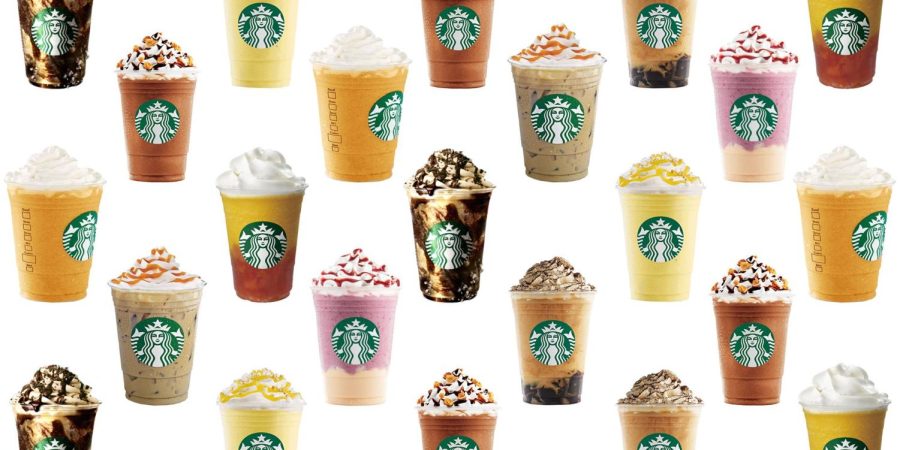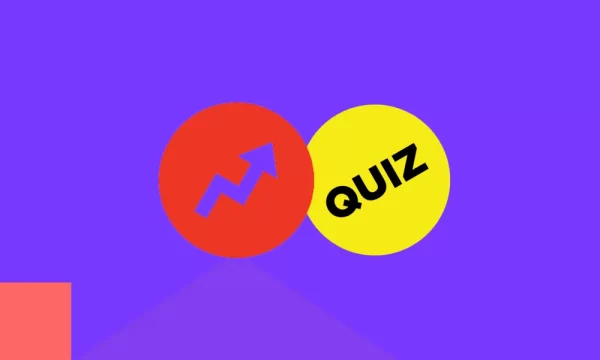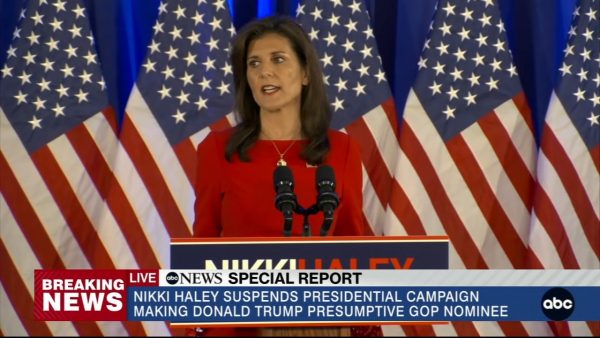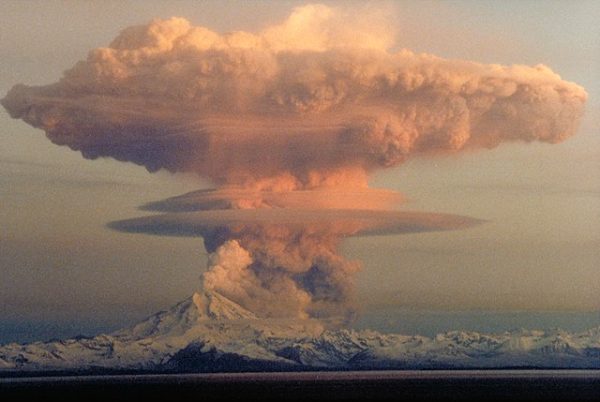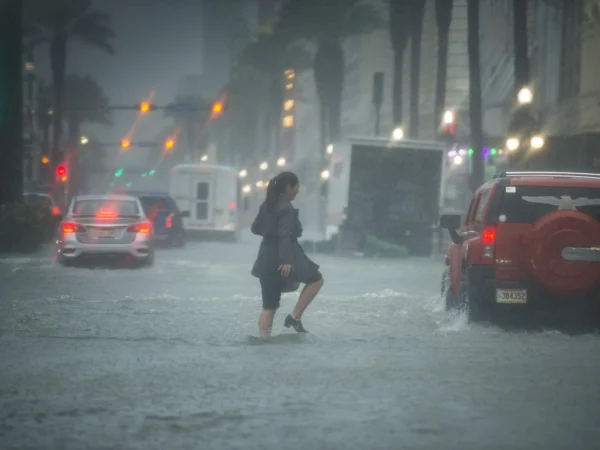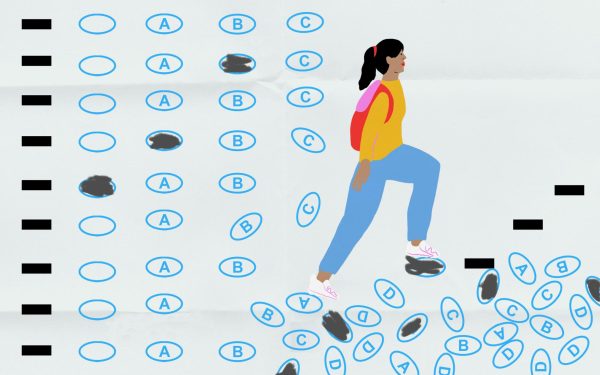Decisively Indecisive – A World of Indecision
I’ll admit it. I’m a very indecisive person. Don’t ask me where to eat, where I’m going to college, or even what my favorite coffee is. Like, I can’t choose between a latte or a mocha, and you’re definitely not getting me to choose what college I want to go to. But you know what’s worse? A game of Would You Rather. “Would you rather go forward in time or back? Would you rather be a cat or a dog?” Trust me, YOU would RATHER not ask.
But seriously. Indecision is exhausting. And its EVERYWHERE. From the Starbucks menu to college majors to the bills on the congressional docket. It’s way too common of a problem to ignore.
Indecision actually comes in two main flavors: one caused by information overload and the other caused by choice overload. And here’s the best part: an indecisive person like me doesn’t have to pick which flavor to struggle with – because everyone automatically gets some of both! So today, let’s study the ingredients of each these types of indecision, see how they limit our potential, and finally decide what to do about it.
Lets start with Information overload. The latte. In case you didn’t know, lattes are all about how perfectly you steam the milk – it has to be done just right.
Information overload tends to start from fear of making the wrong decision. To stifle that fear, people try to review as much information as possible to find a ‘perfect solution’. But this results in too much information to process–even in decisions with only two outcomes. Think of Hamlet’s soliloquy–“To be or not to be, that is the question.” There are only two options, and yet he is mired in analysis for 5 acts of the play—and there’s the rub.
Many of us are familiar with more mundane questions: To buy or not to buy? This college or that college? And, of course, latte or mocha? Even if some of these questions don’t rise to the level of Hamlet’s existential crisis, they are very familiar struggles to overthinkers and perfectionists, who are just trying to make the perfect latte.
Nobel prize winning social scientist Herbert Simon identified two types of decision makers: optimizers and satisficers. While satisficers just find a solution that is ‘good enough’ and then move on, optimizers aim to make the absolute best decision possible—and fall victim to the stress of information overload. And this is not the perfect outcome the optimizer wanted, since psychologist George Miller notes, excessive information causes a loss of quality in our decisions because human brains have a fairly limited processing capacity. After a certain point, we’re just over thinking and stressing out.
Even worse, the stress builds up with every decision we face and makes each next decision that much harder. So something as unimportant as choosing what outfit to wear could make us perform worse on later decisions that might be serious, like financial or health decisions.
This is a problem because, today, information overload is everywhere. It looks like skimming 20 tabs of websites for a research paper. Or a Wikipedia article that has 100s of hyperlinks. Information Overload has been possible ever since we started documenting information, but now, just a simple google search can be like taking a drink from a fire hydrant.
But while the milk is steaming for that perfect latte, we now have to reckon with the mochas and Frappuccinos and Iced Caramel Macchiatos and everything else on the menu. Let’s talk about choice overload.
This is more externally sourced than information overload; instead of debating a simple question of “Coffee or Decaf?” Choice overload can look like spending half an hour watching trailers of things to watch on Netflix. Or a student paging through a catalogue of dozens of possibilities for a major. Whatever it looks like, it’s a common occurrence. And while many options may seem like a good thing, according to Barry Schwartz in his book The Paradox of Choice, having more options has been associated with decision fatigue, unhappiness, and even avoiding a choice altogether.
A study published by psychologists Iyengar and Lepper clearly illustrates the phenomenon. They set up a display table with 24 varieties of jam and then a table with only six. The large display attracted more of a crowd, but people who saw the large display were only one-tenth as likely to buy jam as people who saw the small display. More choices attracted but paralyzed shoppers, resulting in no decision at all.
Most life choices are not just a simple PB&J, but the same tendency applies to serious decisions too. Researchers from Columbia University analyzed more than 250 thousand clients from the Vanguard investment group and found that having more saving plan options actually decreased the percentage of people who started saving towards their retirement. When there were 5 options, 70% of people managed to pick one. But when there were 35 options, the number dropped to 63%.
So. If indecision is (reasonably) not your cup of joe, how can we tackle indecision?
In 2008, health care professional Kristina Guo published the DECIDE model of decision-making. And what better way to test the model than by going to Starbucks? Let’s say I’m ordering a drink.
D. Define the problem (I want a coffee from Starbucks)
E. Establish the criteria or constraints: (I want it to be cold brew)
C Collect all the alternatives (there are 5 cold brew options)
I. Identify the best alternative (This one has fewer calories AND it has a special flavor)
D. Develop and pursue a plan of action (I order the salted caramel cold brew)
E. Evaluate the solution and take feedback (it’s my favorite one yet, so I’ll choose it again next time).
Obviously, there are still weak points in this process: What if I didn’t know I wanted cold brew specifically? What if I were torn between the Nitro Cold Brew and the Honey Almond? What if its holiday season and now the menu features a bunch of limited-time holiday drinks too?
To deal with these potential fault points, I offer these suggestions:
1. Get comfortable with less than perfect choices. Many decisions we make daily are not that serious. The worst that could happen at Starbucks is that you try a drink you wouldn’t buy again. So stop decision paralysis at its source: be bold, see what happens, and, if necessary, learn from it. In the words of Duke basketball coach Mike Krzyzewski, “Courage and confidence are what decision making is all about.” Ultimately, it’s up to each of us to make that choice. Now, for people who tend to be overly cautious like me, this is hard, and sometimes certain decisions really are serious, so for those cases, I suggest tip #2:
2. Set limits. Set parameters for what you need to know and drop a deadline; Parkinson’s Law theorizes that work expands to fill the time available whether we take 5 minutes or 10 minutes staring at that menu. So force yourself to come to terms with a decision in a shorter amount of time, and save those extra minutes of over thinking. If you’re still completely stuck, time for tip #3:
3. Strive to be the satisficer and not the optimizer. Simplify whenever possible and go for the basic or default option to avoid decision fatigue. For me, this looks like always getting a plain cup of coffee when I’m not in the mood to try a different one.
4. And finally tip #4: Order the Salted Caramel Cold Brew. Enough said.
So I know I’m an indecisive person. And I even know why – a good mix of choice overload and information overload with some over thinking and some perfectionist tendencies – but I also know that I’m not alone. Analysis paralysis affects everyone, daily, and the problem isn’t just about choosing the right cup of coffee. Indecisiveness plagues us in all the different decisions we make, and it really holds us back. I mean, if global leaders tackled indecision when it came to solving environmental issues, we could be years ahead of our current fight with climate change. If health care decisions were made more efficiently, lives could be saved. If so many of us weren’t overwhelmed by simple daily choices like what to wear or what coffee to drink, we could focus our energy on bigger things and be more productive overall. Maybe we would even feel more confident about ourselves and the choices we make. Now that is a world I would choose to live in.
**Author’s note: Want to write something like this? This is a script I used in the Original Oratory event in Speech and Debate this year. To write a speech about a common problem (and offer some solutions), consider talking to Mr. Vincent about joining a Speech event! plz

Isabelle (Class of 2023) is a four-year veteran of the Navigator crew. She loves to write opinion pieces unprompted and also commonly sponsors the Varsity...

